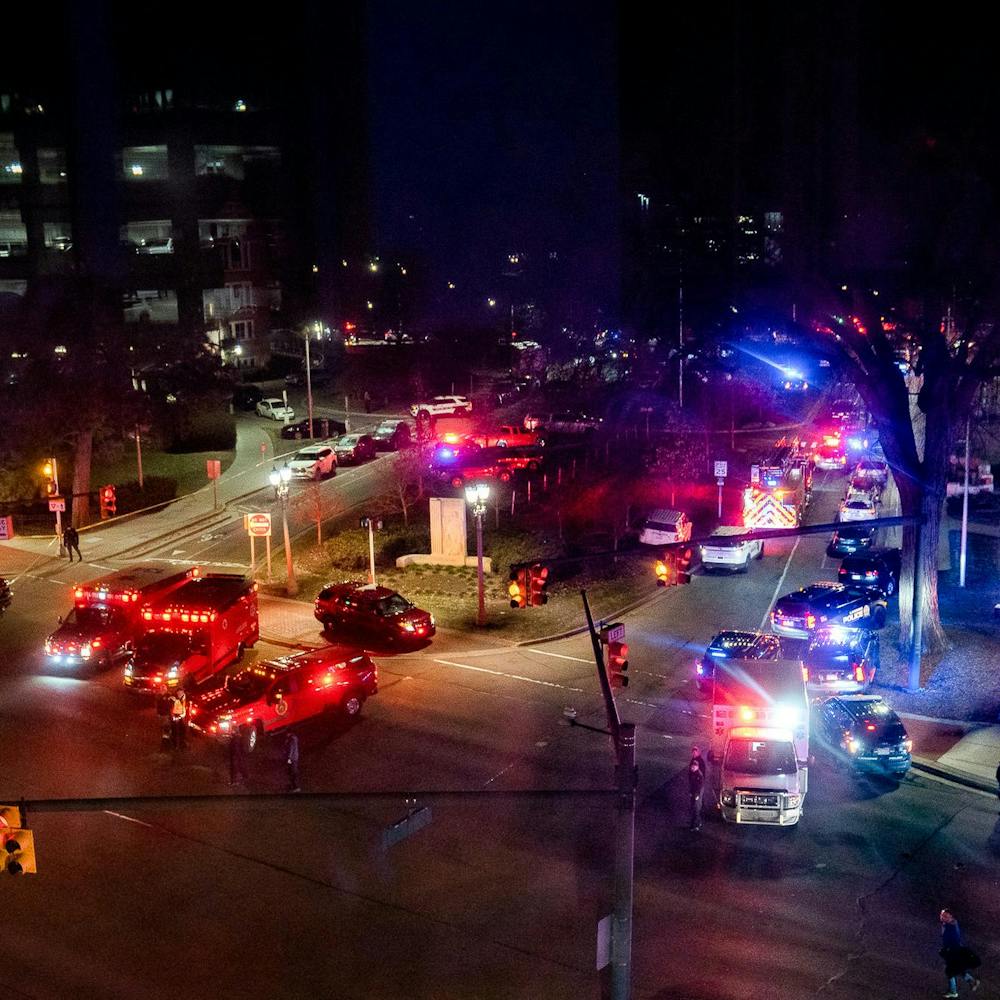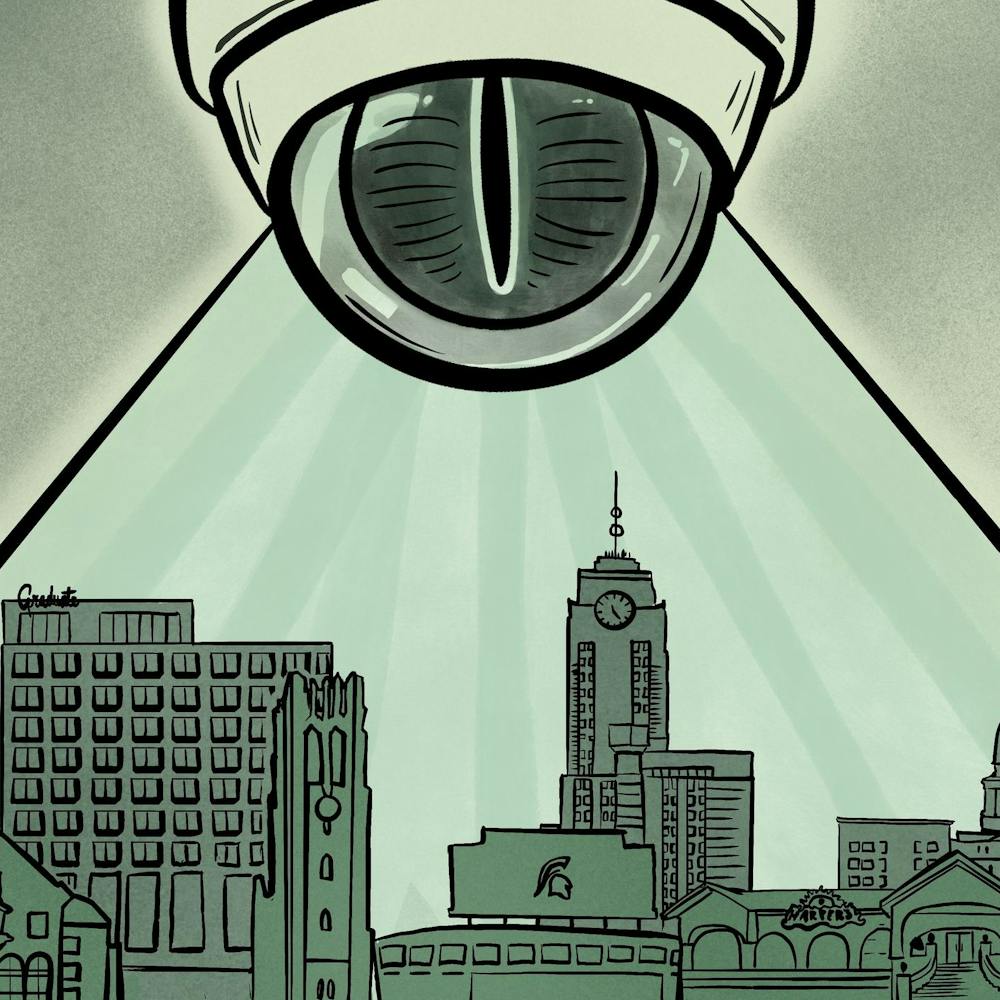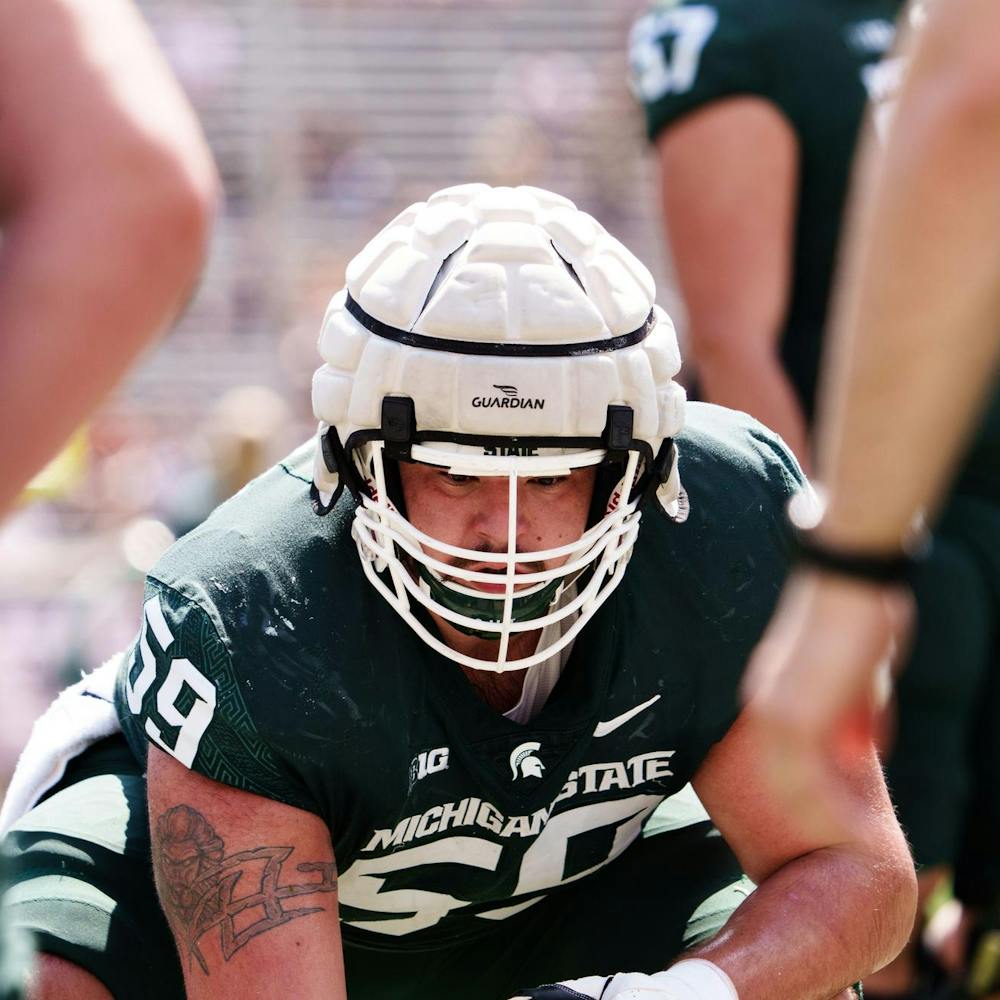An Emmons Hall resident was diagnosed with varicella, commonly known as chickenpox, last Friday.
Emmons Hall residence director Glen Midkiff said the student went to Olin Health Center Friday after noticing a rash. She was then diagnosed with the virus.
“She returned to Emmons and decided it would be best to go home because chickenpox is contagious,” Midkiff said.
The student is resting at home and won’t be back for another week, Midkiff said.
In response to her condition, Midkiff posted signs in Emmons and Brody halls providing information on the virus, including how it spreads, what the contagious period is, how long it lasts, what the rash looks like, how it’s treated and how it can be prevented.
Olin Health Center physician Dr. Glynda Moorer said students shouldn’t panic, but she always recommends the vaccine to students.
Chickenpox vaccinations at Olin cost $70 in a two-dose series.
Since the vaccination was introduced in 1995, the number of chickenpox cases in Ingham County has decreased from 197 in 1996 to 20 in 2000.
“Quite a few college students have already had the vaccine or chickenpox,” Moorer said. “Having natural immunity toward the disease and receiving the vaccination are the best protections.”
Moorer said students who have the virus become contagious about a week before they break out in a rash.
“The rash lasts about a week and is quite contagious,” Moorer said. “It can be spread through the air like a cold, by coughing on someone and it can be spread by contact of the lesions.”
Moorer said anti-viral medications that shorten the duration of the virus are prescribed to patients to decrease the severity of the symptoms.
Dr. Dean Sienko, director of the Ingham County Health Department, said the decrease in chickenpox cases is a result of the vaccination’s introduction in 1995.
“A lot of kids have received the vaccination since 1995 and that’s helped diminish the disease,” he said. “But there are also a lot of students who slipped through the cracks, didn’t get the vaccine or the virus, and are now vulnerable in college.”
Sienko said college-age students and adults who have the virus show more severe symptoms than younger children.
“Chickenpox in the majority of instances is a benign illness, which means it’s not a real serious thing in the pediatric population,” Sienko said. “But when people get it in adulthood, it can be very serious.”
Sienko said complications include inflammation of the brain, more severe itching, fever and sometimes death.
“It’s something that has to do with the children being more resilient,” he said. “We notice it goes the other way with other diseases, but in adults, this could be a fatal illness.”
State Department of Community Health officials said starting in fall 2002, students entering grade school will be required to get at least one dose of the vaccine after 12 months of age.
No-preference freshman Jeffrey Woehler said he thinks the chickenpox vaccine should be required before entering college.
“I’ve gotten chickenpox already a couple of times,” he said. “I think Olin should require students to get the vaccine.”
Physiology freshman Sarah Fogg said all Emmons residents received an e-mail about the virus providing information and recommending vaccinations.
“I’ve already had it, so I’m not going to get vaccinated,” she said. “But if I hadn’t I’d be pretty nervous. It’s so hard when you get sick at college because you have to miss classes and it’s your responsibility to make up the work and get caught up.
“In a residence hall, I’d be more worried, too, because things spread so fast here.”





